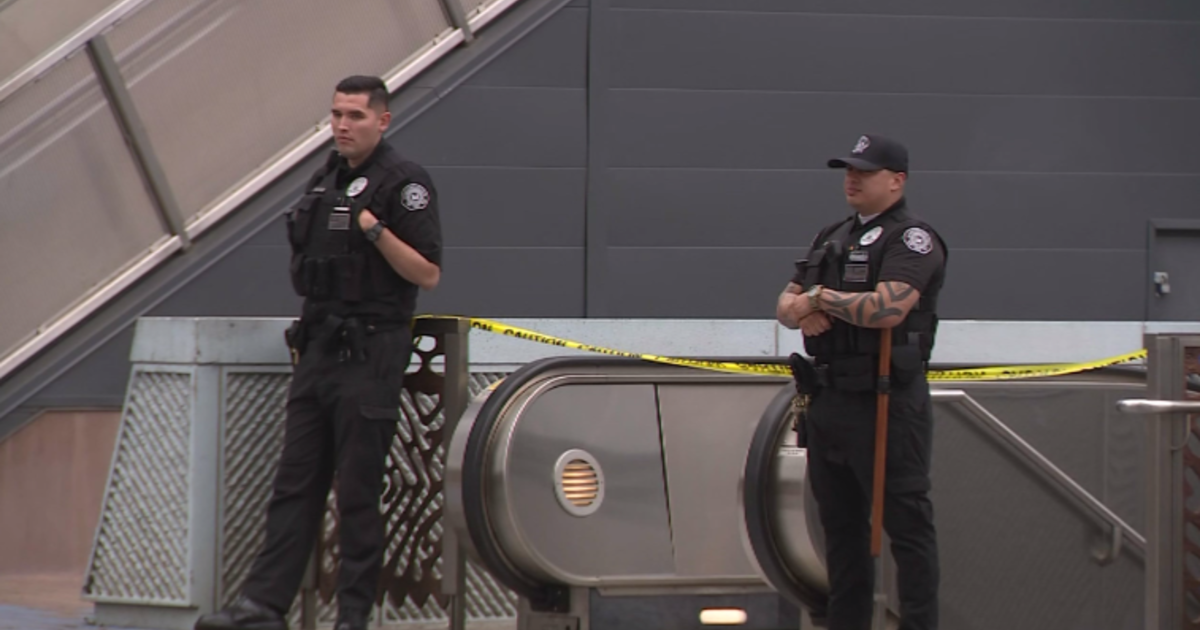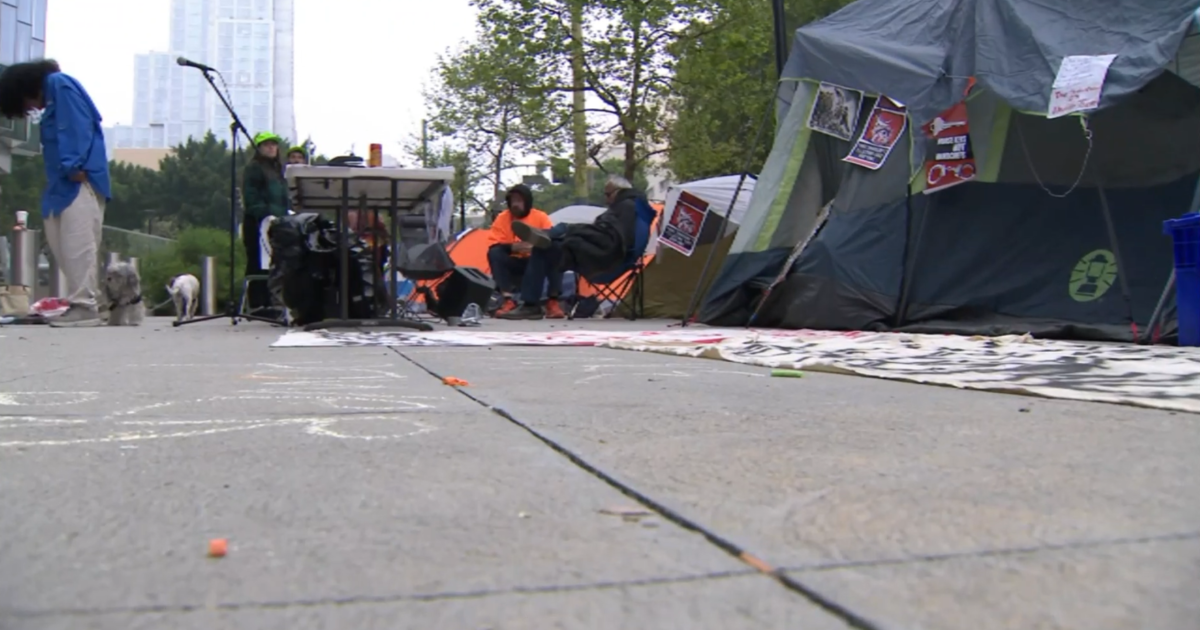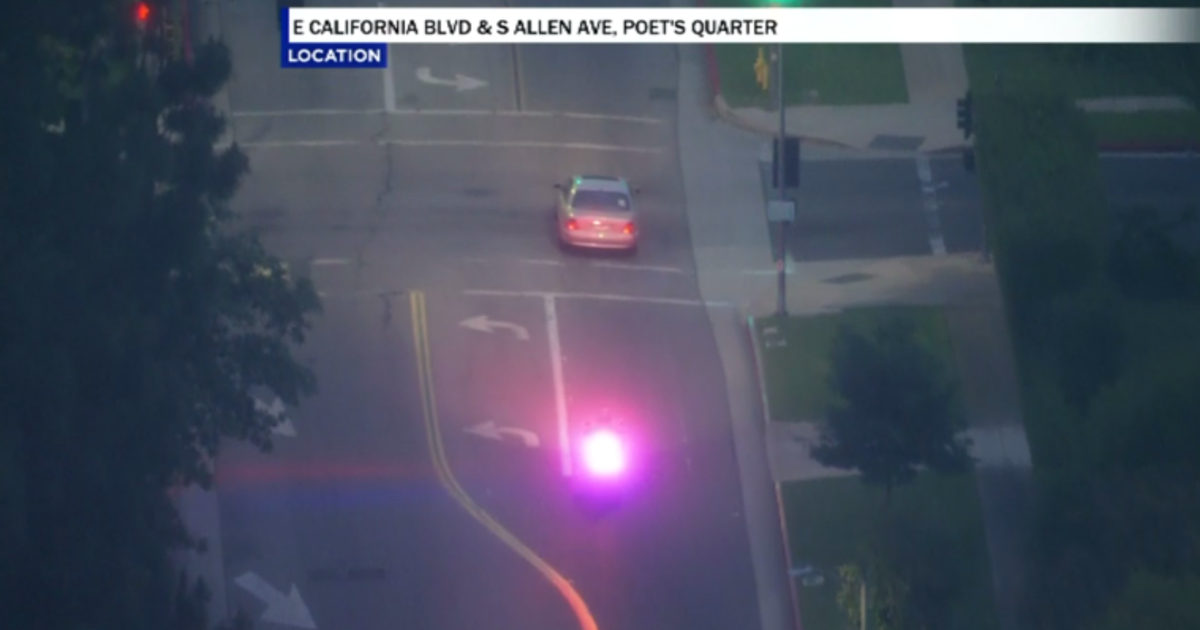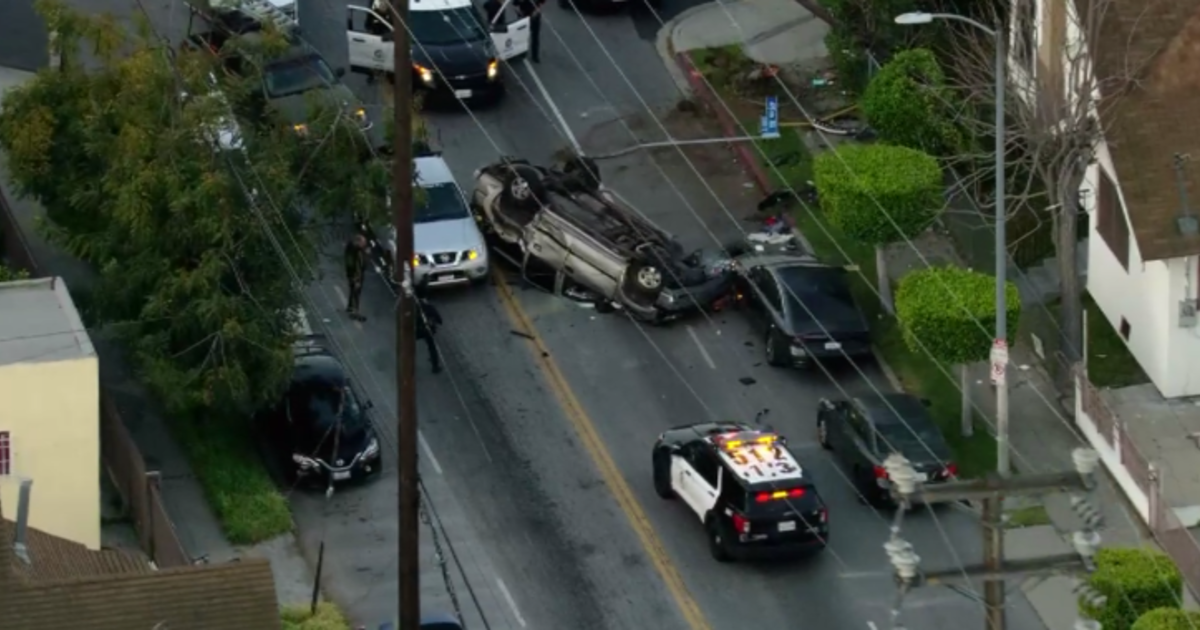Starting Thursday, Terminally Ill Patients In California May Take Life-Ending Drugs
LOS ANGELES (CBSLA.com) — California Thursday will become the fifth state in the nation to allow terminally ill patients to legally end their lives with medication prescribed by a doctor.
Gov. Jerry Brown signed the law, despite opposition from religious groups and others.
On Wednesday, Jose Gomez, Los Angeles' archbishop, issued the following statement:
"... we are crossing a line from being a society that cares for those who are aging and sick to a society that kills those whose suffering we can no longer tolerate. Killing is not caring. True compassion means walking with those who are suffering, sharing their pain, helping them bear their burdens."
But voters and others who suffer from terminal illness say the law gives them a sense of peace.
Matt Fairchild, for instance, takes hundreds of pills day that keep him alive and take the edge of his near-constant pain.
That's because at just 46, he has stage 4 melanoma, a deadly form of cancer.
"There is general discomfort of just cancer, and that is your body has just been ravaged," he said. "Your body just feels depleted."
Fairchild plans to add another prescription to his lockbox of medication, a drug dose to legally end his life if he one day decides to.
The law goes into effect June 9 and requires that patients be at least 18 and have less than 6 months to live.
Fairchild says he will be one of the first to get the drug.
He doesn't plan to use it right away but he's already discussed his plan with his oncologists and his family.
"It's not something easy to talk about," said Ginger Fairchild, his wife. "When it gets to the point none of the treatments are working, there is nothing left, then it just means that he'll have some peace."
Since his diagnosis in 2012, the former Army captain has endured dozens of surgeries, radiation and chemotherapy.
Most days he doesn't have the strength to leave his Burbank home. Other days are a blur of brain scans and blood tests and visits to the emergency room.
Fairchild says he really doesn't want to die but knows someday he will want the pain to end.
"They'll be a day when that pain is, 'OK, this pain is not stopping and it's every day and that's the day I'll be glad it's on the shelf," he said.
"I am pretty nervous about this. We don't know how many people are going to make these requests," said Dr. Neil Wenger, who directs health ethics at Ronald Reagan UCLA Medical Center
He says he personally opposed the end of life bill before Brown signed it into law.
He now plans to cautiously consider it but knows some doctors who won't and even patients who are concerned.
"Many patients have told me that they would lose trust if in fact I were willing to pass that bright line and prescribe a medication that would hasten death," he said.
Still, he's come to think another option would be beneficial so long as caution is exercised.
Church-affiliated hospitals, like Providence Health, have opted out altogether.
"As a Catholic health care provider, we believe that intentionally ending a person's life is not consistent with the core principles of the professions of medicine and nursing."
But for patients like Brittany Maynard, who moved to Oregon to legally end her own life, and Fairchild, it is about avoiding pain, torture even.
The new law also requires that patients be able to self-administer the drug and that two different doctors sign off that the patient is eligible.
That patient must make at least three requests for the drug. The cost of the drug is $4,000 and most insurance plans will not cover it.



